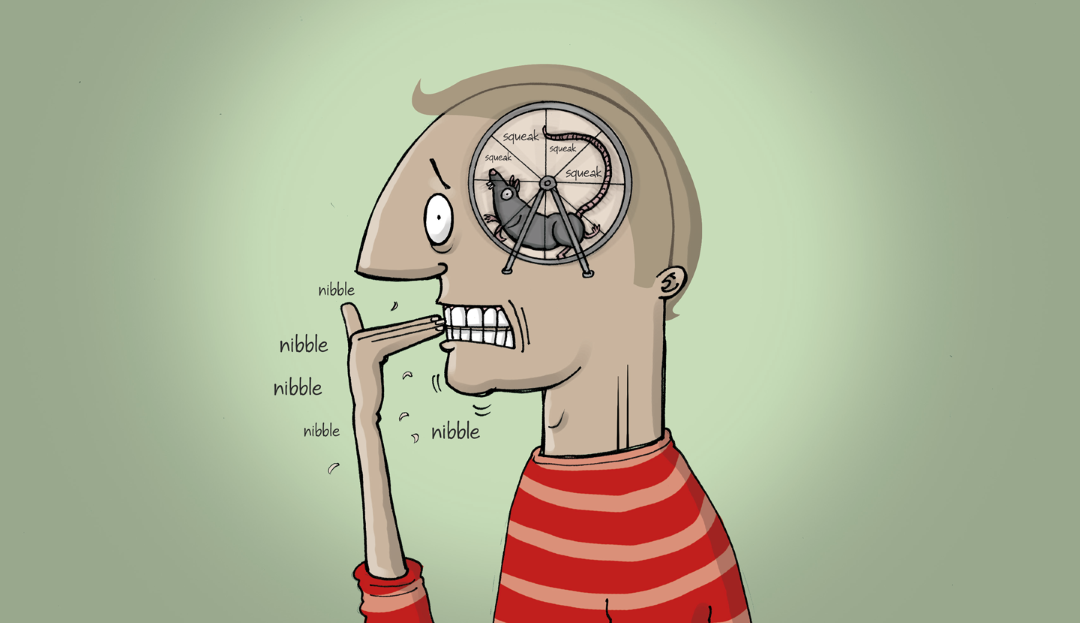Life, whether you are a working mother or a student in high school, has become extremely demanding and stressful. Intense global competition, managing expectations and general environment around us has increased the frequency of moments we feel anxious.
This is one reason why it can be hard to differentiate normal anxiety from clinical anxiety disorders like generalized anxiety disorder (GAD), social anxiety or obsessive-compulsive disorder.
It is imperative that you know the difference between the two. This way if anxiety is affecting someone close to you, you can help them find a solution.
Anxiety VS Anxiety Disorders
Generally, anxiety is your body’s reaction to stress resulting from difficult situations. This reaction is very normal and happens to many people. In fact, it can be a sign of a healthy mind as it gives your body the cue to work harder and act on a fight or flight reflex.
Anxiety disorders, however, take things to an extreme level and produce feelings of overwhelming and intense anxiousness. Not only that, but they also have other debilitating symptoms that can cause severe mental and physical ailments.
Following are some key differences between the two:
Trigger
Any mental or physical illness is always triggered by some event or external cause. Usually, normal anxiety is a response to stressors like an upcoming exam, job interview, new work environment or misunderstanding with a partner. This anxiety is only temporary and goes away once the person gets through the event.
But when one is suffering from a disorder, they experience constant anxiousness for long stretches without even knowing what triggered it. It is an over-bearing feeling of impending doom making even menial tasks like getting out of bed or going to work difficult.
Intensity
As I mentioned above, anxiety disorders create incredibly intense and over-whelming emotional responses. Most of these responses are disproportionate to the trigger. For example, a person without an anxiety disorder will be slightly nervous before a date but relax after some time; while a person with a disorder will be anxious to the point where they might even cancel the date.
And even if they do make it to the date, they will remain anxious the entire time and even after. Their anxiety doesn’t hit them right before the date; it can begin right after they confirm it on the phone. Also, their anxiousness can last for days, weeks or even months, while normal anxiety is fleeting.
Impact
The symptoms of an anxiety disorder can be debilitating and affect your entire life, causing you to avoid many normal activities. For example, it can stop you from going to concerts, hang-out with friends, amusement parks, work, school and more. It interferes with their daily life, making it hard to take care of simple responsibilities.
Physical Symptoms
Besides the feeling of doom looming over their heads, anxiety disorders can cause physical symptoms like dizziness, trembling, hypertension, breathlessness, excessive sweating, headaches and more.
While it is normal to feel anxious before important events, overwhelming anxiety is a sign of a more serious problem. If you can relate to any of the symptoms above, don’t hesitate to reach out for help. Remember that you aren’t alone as 40 million American adults also suffer from at least one type of anxiety disorder. Also, most of them get better as anxiety disorders are treatable. Getting help early and sticking with the treatment can help relieve some of the symptoms and change your life for the better.

